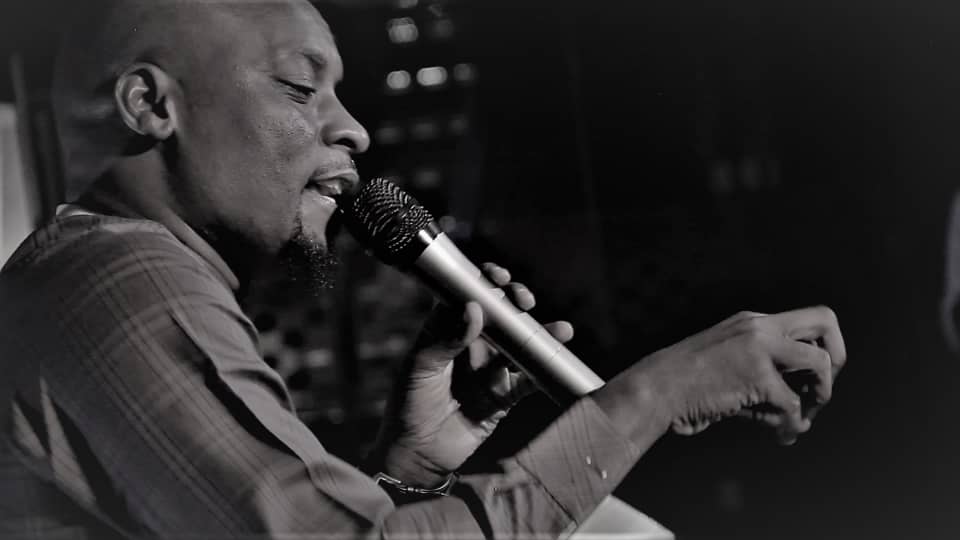
Konya Shamsrumi: What is the process of writing a poem like for you? Is it a lot of hard work or easy?
Bash Amuneni: I am not a method writer. My process usually starts with a sudden rush of intense emotions about anything: a feeling, a compelling issue or just looking through a window. These emotions are sometimes stirred when I listen to certain kind of sounds, a single rhythmic tone for example or fully textured music. Sometimes it also comes in the purity of complete silence. I get this rush too whenever I am in motion, particularly when travelling long journeys by road or by air. At these times, my mind travels. In such periods, I try to capture and write-out everything as it comes to my head – just plain and fast scribbling on paper or a cell phone. Afterwards, I take time to prune, edit and fix grammar and other issues here and there if needed. Is this a lot of hard work? It does not come to me in that sense. I truly always enjoy the process of creating a poem.
Konya Shamsrumi: Please describe your sense of identity in this or any possible world in imagery or metaphor?
Bash Amuneni: The essence of expression is fundamental to existence and is part of the natural order. Ideas in themselves are like floating matter until condensed in tangible forms and served to humanity through the medium of writing. Writers serve as vessels in furtherance of the creative cycle. In all things, we are life and word.
Konya Shamsrumi: If any of your poems could literarily save a person’s life, which poem would it be and can you describe the person whose life you think it would have saved?
Bash Amuneni: That should be the poem titled About Loss. I wrote it for a friend, Fred Onekutu, after he lost his mother to cancer. He loved her so much and was quite fond of her. Fred is very emotional. Calm and not exactly a risk taker, he was always the guy who would show up after the fight. The period was devastating for him. As a friend, I had to stay close and supportive. The lines of the poem actually came right at the cemetery grounds and afterwards, I wrote the poem and shared it with him. He would later tell me it gave him a genuine sense of love and comfort through the period of coming to terms with loss.

Konya Shamsrumi: What does Africa mean to you, as potential or reality?
Bash Amuneni: Africa draws polarized emotions out of me: the scent of home, the colours of my mother, the wonders of language, the texture of culture and the anomaly of an identity etched in a perennial image crisis. Africa’s potential for growth are as valid as the reality of its morbidity. We just need to decide right, make different choices, and this blessed continent shall rise.
Konya Shamsrumi: Could you share with us one poem you’ve been most impressed or fascinated by? Tell us why and share favorite lines from it.
Bash Amuneni: The Sahara Testaments by Tade Ipadeola. Tade employs superior discipline in crafting each line. The collection is a product of time, experience, rare dedication and intense focus. The range and scope of the poems are extremely challenging and, at the same time, intriguing. I find the entire collection immensely fascinating. I love these lines in particular from Poem II in Chapter 1. It’s at page 8—
Of Ivory that blinded my wandering eyes.
That woman was Senegal. Senghor’s woman
Immortal in her blackness, market wise
Bringing back tides of the musings of a man
On a land made for poetry, the perfect
Turn of every phrase. In all of these
The desert was ever present, its idiolect
Suffusing the streets with a certain ease
Found in the Sahel, elegant, understated
Border dexterity, animist bon vivant
Measured out in bright speech that elated
With the germinal wisdom of the sun.
Bash Amuneni is one of Nigeria’s foremost performance poet. He has performed poetry at various platforms around the Country including the Lagos International Poetry Festival (LIPFest). In












Leave a Reply